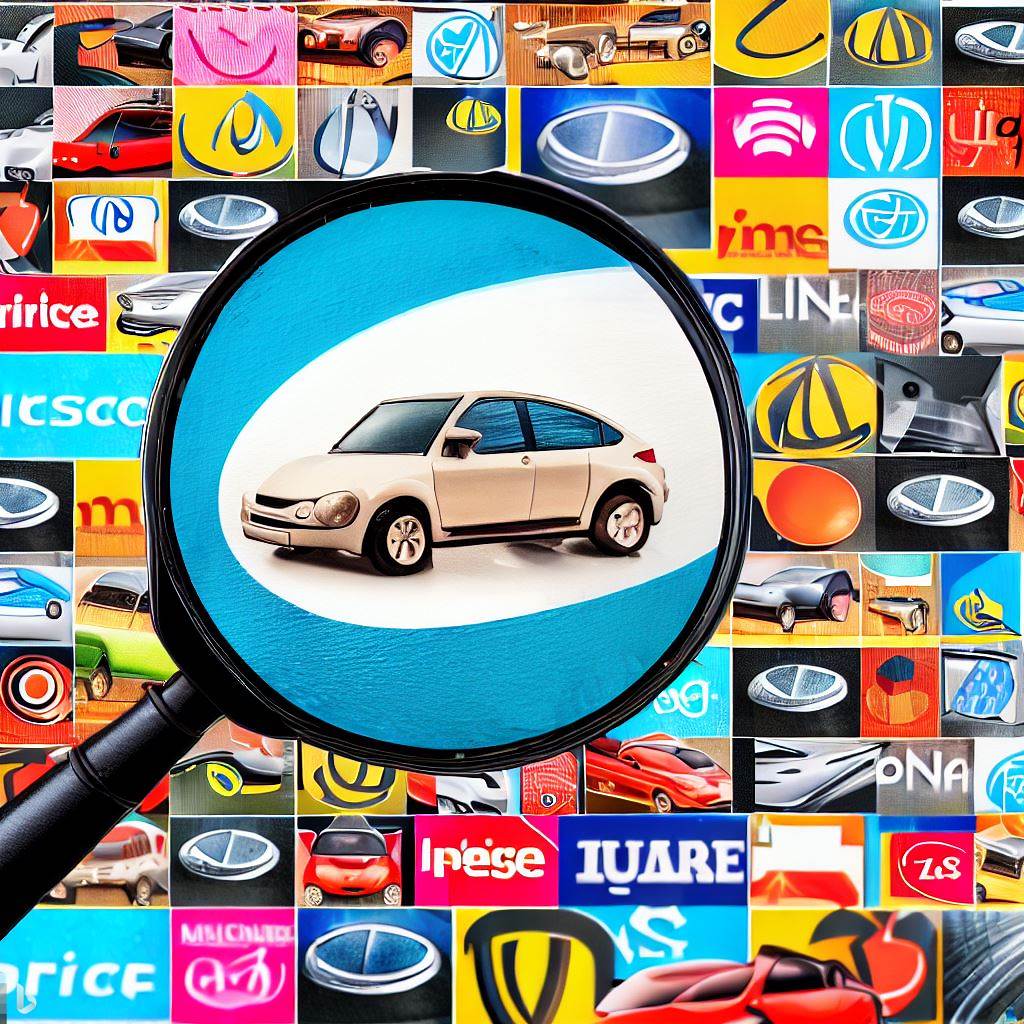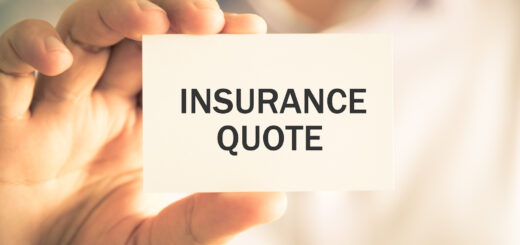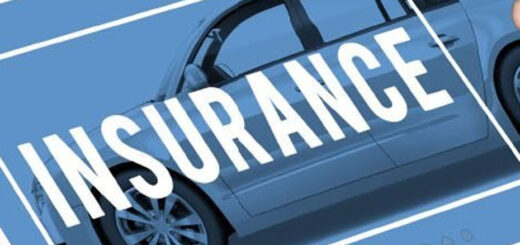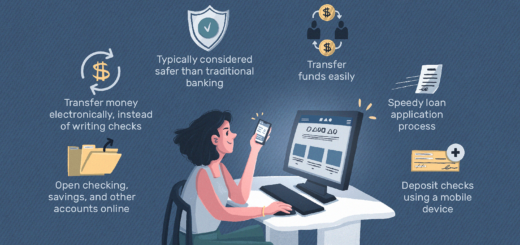How to Get the Best Car Insurance Quotes: Tips and Tricks
Car insurance is an essential expense for any vehicle owner, but finding the right policy at the best price can be a daunting task. With so many insurance providers and coverage options available, it can be challenging to know where to start. In this article, we’ll provide you with tips and tricks on how to get the best car insurance quotes.
Understanding Car Insurance
Before we dive into the tips and tricks, let’s first understand the basics of car insurance. Car insurance is a contract between you and the insurance provider that protects you financially in case of an accident, theft, or other damages to your vehicle. It can also provide coverage for medical expenses and liability claims.
There are different types of car insurance coverage, including liability, collision, comprehensive, and personal injury protection (PIP). Liability insurance is the most basic type of coverage that pays for damages or injuries you cause to others in an accident. Collision insurance covers damages to your vehicle in a collision, while comprehensive insurance covers damages from theft, vandalism, and natural disasters. PIP covers medical expenses for you and your passengers.

Tips for Getting the Best Car Insurance Quotes
- Shop Around – Don’t settle for the first insurance quote you receive. Shop around and compare rates from different insurance providers. You can use online comparison tools or work with an independent insurance agent who can provide you with multiple quotes.
- Bundle Your Policies – Many insurance providers offer discounts if you bundle multiple policies, such as home and auto insurance.
- Increase Your Deductible – Your deductible is the amount you pay out of pocket before insurance coverage kicks in. Increasing your deductible can lower your monthly premiums, but make sure you can afford the higher out-of-pocket expense if you need to file a claim.
- Maintain Good Credit – Your credit score can affect your insurance rates. Maintaining a good credit score can help you qualify for lower rates.
- Drive Safely – Your driving record is another factor that can affect your insurance rates. Drive safely and avoid accidents and traffic violations to qualify for lower rates.
- Choose the Right Car – The type of car you drive can also affect your insurance rates. Cars with high safety ratings and lower theft rates can help you qualify for lower rates.
- Consider Usage-Based Insurance – Some insurance providers offer usage-based insurance, which bases your rates on your driving habits. If you’re a safe driver, this type of insurance can help you save money.
Tricks for Getting the Best Car Insurance Quotes
- Time Your Renewal – Renewing your policy at the right time can help you save money. Some insurance providers offer discounts for renewing your policy a certain number of days before it expires.
- Ask for Discounts – Don’t be afraid to ask your insurance provider about discounts you may qualify for. Many providers offer discounts for things like good driving habits, safety features in your car, and even being a member of certain organizations.
- Pay in Full – Paying your insurance premium in full can often qualify you for a discount.
- Monitor Your Mileage – If you drive less than the average person, you may qualify for a low-mileage discount.
- Avoid Claims – Filing a claim can raise your insurance rates. Avoid filing small claims and consider paying for minor damages out of pocket.

Conclusion
Getting the best car insurance quotes requires some effort and research, but it’s worth it to save money and ensure you have the right coverage. Remember to shop around, maintain good credit, drive safely, and consider all of the discounts and coverage options available to you. By following these tips and tricks, you’ll be on your way to finding the best car insurance policy for your needs.
FAQs
- What’s the best way to compare car insurance quotes?
The best way to compare car insurance quotes is to use online comparison tools or work with an independent insurance agent who can provide you with multiple quotes. Make sure to compare coverage options and rates from different providers to find the best policy for your needs.
- Is it better to pay a higher premium for lower deductibles?
It depends on your personal financial situation. A higher premium with a lower deductible may be a better option if you can’t afford to pay a higher out-of-pocket expense in case of an accident. However, if you have savings to cover a higher deductible, it may be worth it to pay a lower premium.
- How can I improve my driving record to qualify for lower insurance rates?
You can improve your driving record by practicing safe driving habits, avoiding traffic violations, and taking defensive driving courses. You can also consider installing safety features in your car, such as a dashcam or advanced driver assistance systems (ADAS).
- What’s the difference between liability and full coverage insurance?
Liability insurance is the most basic type of coverage that pays for damages or injuries you cause to others in an accident. Full coverage insurance includes liability coverage and also covers damages to your vehicle in a collision, damages from theft, vandalism, and natural disasters, as well as medical expenses and other additional coverage options.
- What is usage-based insurance?
Usage-based insurance is a type of car insurance that bases your rates on your driving habits. Your insurance provider may monitor your driving through a device installed in your car or through a mobile app. Safe driving habits can help you save money on your insurance premiums.
Important Links:
- The National Association of Insurance Commissioners (NAIC) – https://content.naic.org/consumer.htm The NAIC provides a wealth of information on car insurance and is a trusted source of information for consumers. It is a regulatory body that oversees insurance companies in the United States.
- The Insurance Information Institute (III) – https://www.iii.org/ The III is another reliable source of information on car insurance. It provides data, research, and educational resources to consumers, insurers, and policymakers.
- Consumer Reports – https://www.consumerreports.org/car-insurance/ Consumer Reports is a trusted source of product reviews and ratings. Its car insurance section provides comprehensive reviews of different insurance providers, making it a helpful resource for consumers looking for the best insurance policy.
- The Department of Insurance in your state – https://www.usa.gov/state-insurance Each state has a Department of Insurance that regulates insurance companies and provides resources to consumers. Linking to your state’s Department of Insurance can provide local and relevant information to your readers.
- The Federal Trade Commission (FTC) – https://www.consumer.ftc.gov/articles/0190-shopping-car-insurance The FTC provides guidance on shopping for car insurance, including tips on comparing policies and avoiding scams. As a government agency, it is a trusted and authoritative source of information.

















It's great that you talked about how business insurance can provide financial protection against unexpected events and help ensure the…
I like that you mentioned how business insurance is essential for protecting your bottom line and the long-term viability of…